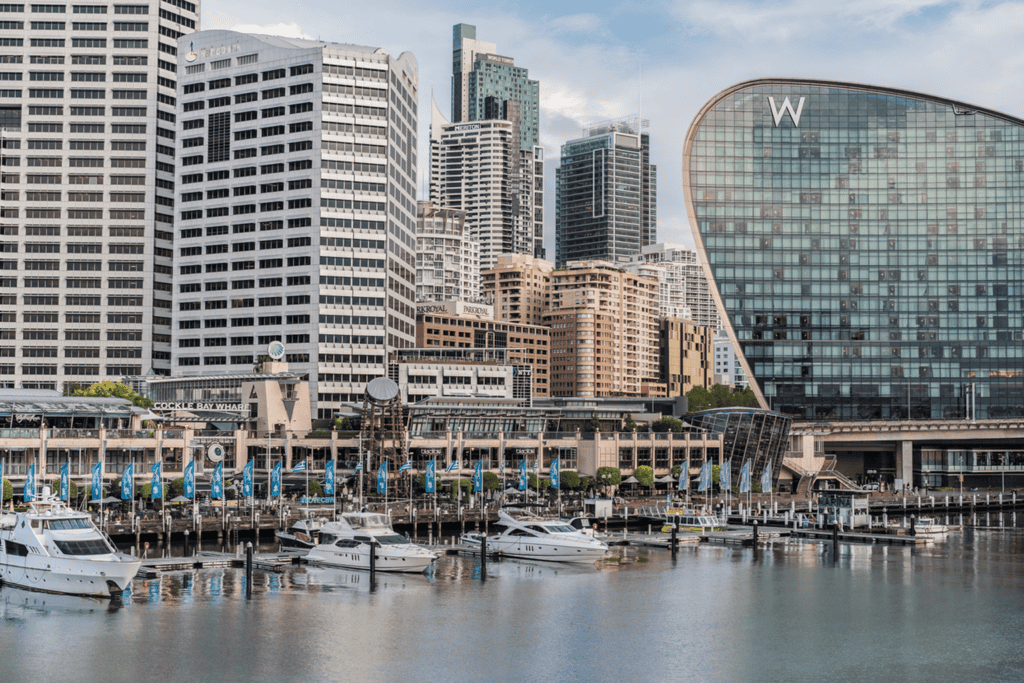Sydney’s CBD is steadily falling into foreign hands.
Independent global property consultancy Knight Frank’s latest assessment has foreign ownership of Sydney offices increasing to 30 per cent from 16 per cent of the market by value. As well, 88 per cent of the four- and five-star hotels are now owned offshore, up from 69 per cent.
The figures are contained in the company’s Global Cities: The 2016 Report and cover the ownership of investment-grade stock in the Sydney CBD office and hotel sectors as at August 2015, compared with January 2010.
Sydney office ownership

Search for returns
“There has been more activity from institutional buyers, including pension funds and sovereign wealth funds, seeking core returns,” said Matt Whitby, Knight Frank’s Head of Research and Consulting, Australia.
“[And] I expect Australia will benefit from Brexit and other global uncertainty, with many European (for example, German), North American and, of course, Asian funds to reallocate additional weighting to Australia over the coming 12 months.
“I expect Brexit to accentuate the capital flows into Australia and volumes will pick up in the second half of 2016.
“Generally, higher-returning assets are more difficult to find in the developed markets of Singapore, Hong Kong, Japan and Australia, albeit there are pockets of opportunity where yields on secondary properties are at a record high spread to prime yields.”
Domestic ownership shrinks
In the office sector, the assessed market value of sales more than doubled in square footage terms over the period and increased by 190 per cent in value terms. Fifty-six per cent of sales was to offshore groups, while domestic institutional ownership shrank by 6 per cent.
The biggest increase in buyers came from China, up eleven-fold, accentuated by China Investment Corporation’s record $2.45 billion bid for the Investa portfolio, while North American investment also increased.
Canada, with US$2.64 billion of assets, has overtaken Singapore, with US$2.39 billion, as the largest owner by country.
Sydney CBD office sales ($m and number)

Brexit will be felt
“Looking at diversifying portfolios away from pure Asian exposure, several large Singaporean institutions, such as Ascendas and Mapletree, have made large portfolio acquisitions in Australia,” Mr Whitby said. “However, we expect volumes to be lower from these buyers as they now seek to grow organically in the Australian market.”
About 44 per cent of the total turnover of the Knight Frank database has transferred to offshore ownership since January 2010, with secondary grade stock dominating sales.
Neil Brookes, Knight Frank’s Asia Pacific Head of Capital Markets, said institutional investors were moving out of London and looking for less uncertain climates.
“Post-Brexit, the current market volatility has caused policymakers to renew their efforts in monetary easing and as a result, the ‘lower for longer’ view for property yields is likely to continue for the foreseeable future,” he said.
“The largest buyers of London commercial assets in 2015 – Chinese and Taiwanese investors – are now starting to switch their focus to other developed markets such as Australia, Japan and the US following the Brexit vote.”




